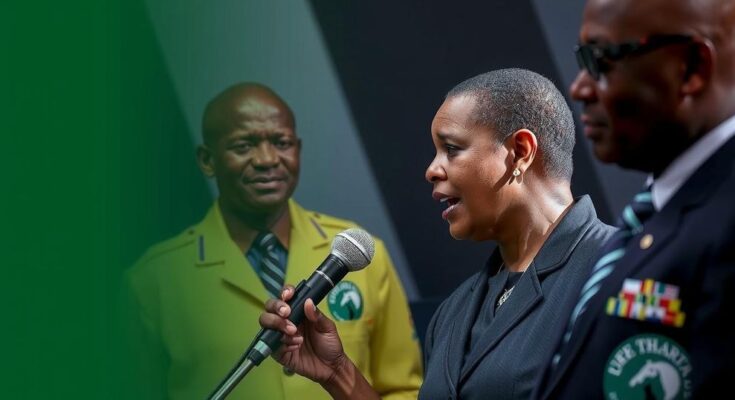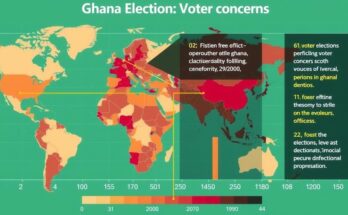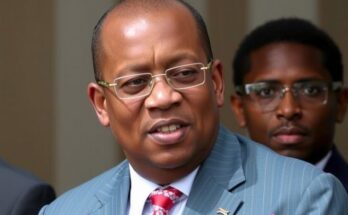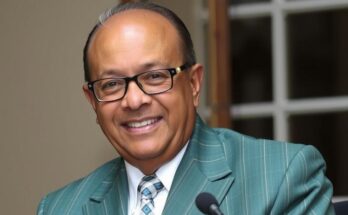Botswana has experienced a significant political shift as voters have rejected the long-governing Botswana Democratic Party (BDP) after 58 years in power. Preliminary election results indicate that the UDC, led by Duma Boko, has won a majority of seats in parliament and is set to form the new government, with Boko likely to become the next president. Economic issues have played a key role in this vote of no confidence in the BDP.
In a historic shift, voters in Botswana have turned away from the Botswana Democratic Party (BDP), a ruling party that has maintained power for 58 years since the country’s independence in 1966. Preliminary election results suggest that the BDP secured only one parliamentary seat, while the opposition Umbrella for Democratic Change (UDC), under the leadership of human rights lawyer Duma Boko, has claimed 20 seats. The UDC appears poised to form a government, predicted to exceed the 31 parliamentary seats required for a majority. As the Members of Parliament gather to elect the President, it is anticipated that Duma Boko will ascend to this role, having campaigned for the third time. He has called on his supporters to “maintain vigilance and discipline” in the wake of this monumental change. The shift in power comes as the BDP, despite its historical governance, faced mounting criticism regarding poor economic performance and high unemployment rates, which significantly hampered its appeal to voters. Mokgweetsi Masisi, who has served as president since 2018 and helmed the BDP’s unsuccessful campaign, will be succeeded by Boko.
Botswana has been noted for its relatively stable political environment since gaining independence in 1966. The electoral dominance of the Botswana Democratic Party, known for its management of the country’s diamond resources and governance, has shaped its political landscape for decades. However, recent economic challenges, including sluggish growth and escalating unemployment, have galvanized public sentiment against the ruling party. The success of the opposition, particularly the Umbrella for Democratic Change, reflects a growing demand for change and accountability in government, making this election a significant moment in Botswana’s political history.
The recent elections in Botswana signify a substantial political transformation, marking the end of an era for the BDP after nearly six decades in power. With the UDC on the brink of forming a new government and Duma Boko likely to assume the presidency, the electorate has expressed a clear desire for change in governance and policy direction. The shift underscores the electorate’s response to economic concerns and reflects a growing impatience with the status quo.
Original Source: www.bbc.com




